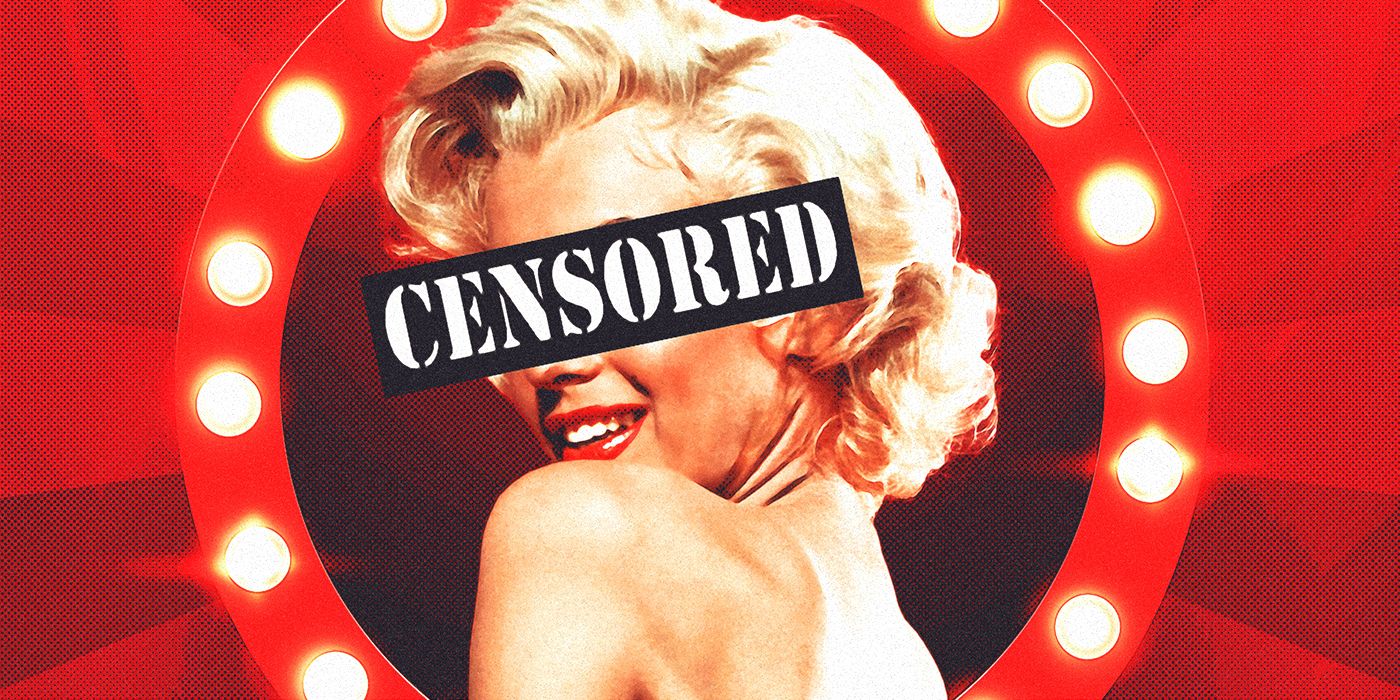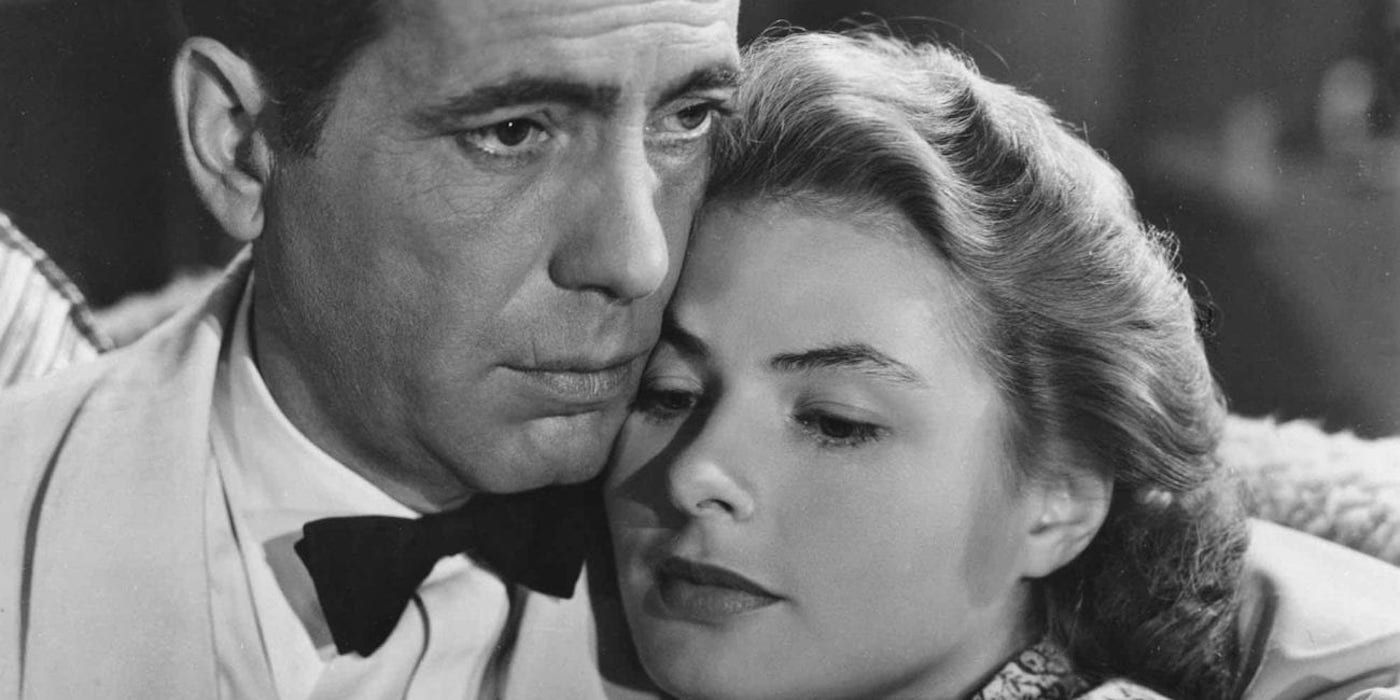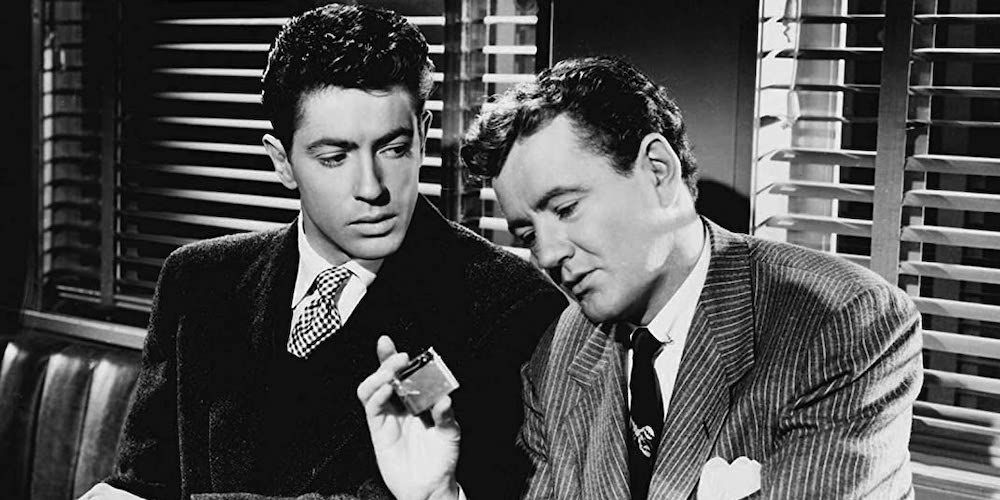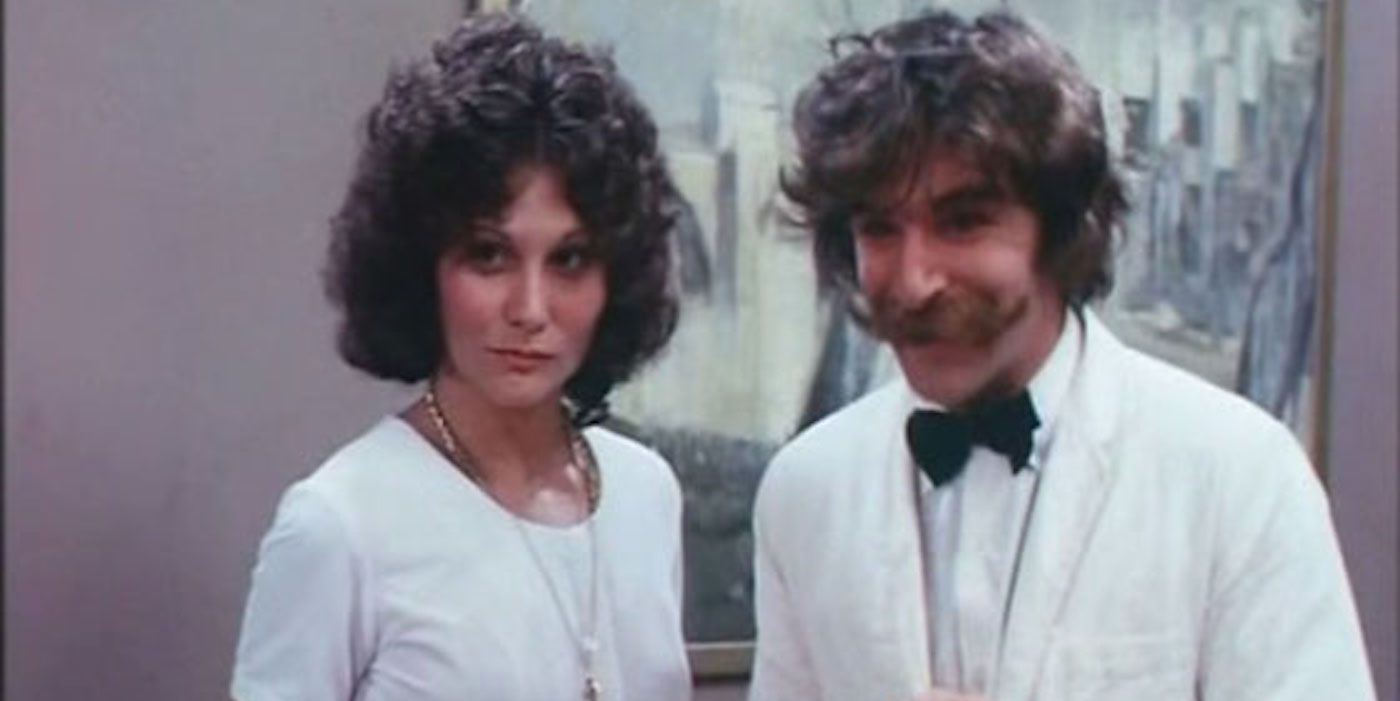Now and then, someone gets their back up about the immorality coming out of Hollywood and suggests reinstating the Hays Code, and there is literally no reason to do so. The latest diatribe to make the suggestion is referenced by a tweet posted on Twitter February 12, 2023. While the original post isn't identified, the tweet referencing it has been viewed over 4.1 million times, so it is clearly a topic that has interest on either side of the debate, both the for and against. It's a moot point regardless. The institution of a new Motion Picture Production Code is a pipe dream at best, and an exercise in futility at worst.
What is the Hays Code?
Early Hollywood was perceived, and in some cases rightly so, as a cesspool of sin unseen since the days of Sodom and Gomorrah. Committed to cleaning up Hollywood, Will H. Hays, Sr. became the first president of the Motion Picture Producers and Distributors of America, a role which he used to institute the Motion Picture Production Code, aka the Hays Code. The Hays Code was a set of rules and guidelines for the film industry, put forth by the film industry, that films had to adhere to in order to be released. The code, effective from 1934 to 1968, was spectacularly restrictive. Nudity, sex, and drugs were not allowed at all. Likewise, scenes of white slavery, childbirth, and sexual relations between different races were also restricted. Any sinful behavior had to have a consequence so as not to glorify crime. The church and its clergy, police officers, and any other public characters and institutions were not to be ridiculed or portrayed as anything less than stalwart, pure and honest. Initially, there was nothing in place to enforce the code until the creation of the Production Code Administration, which under Joseph Breen forced the industry to submit screenplays for approval, make changes if told to do so, and would only give approval to films that adhered to the Code standards.
The Hays Code Wasn't Foolproof
However, as restrictive as the Code was, filmmakers proved to be creative in finding ways around it. Scenes between a man and a woman would cut from the two drawing close to the actors smoking cigarettes, implying a sex scene but adhering to the Code by not showing it. Gay characters were referred to in coded language, using words like "pansy" or "dandy" to insinuate the homosexuality of a character without, again, outright declaring it. In the 1951 film Strangers on a Train, Alfred Hitchcock adhered to the Code's rules about depicting "brutal killings" by shooting the scene where Bruno (Robert Walker) strangles Miriam (Kasey Rogers) in a wide-angle distortion, turning the act into a symbolization of the killer's twisted mind, seen through the reflections in Miriam's eyeglasses. Again, adhering to the letter of the law but finding loopholes to create their vision. By 1968, the Code had become toothless, and was replaced by the Classification and Rating Administration we have today. Filmmakers today would be no different in finding ways to circumvent the Code. In fact, some already do, given the number of "adult" jokes that get slipped in to G-rated films.
Who Would Adhere to the Hays Code?
A key reason why the Hays Code died as it did was the arrival of European films that didn't have to adhere to the same set of confining rules. That was in the late 1960s. Today, there's even more content from a huge variety of sources. As a result, the reintroduction of the Hays Code would only be as successful as which creators would fall under its jurisdiction, and who would even adhere to it. The cry from Hollywood then was that European cinema was taking away filmgoers with its uncensored content, a cry that would be even louder today. People can literally make movies on their own phones if they choose to, so unless there was a way to ensure everybody everywhere worldwide had to follow the same set of rules, there's no reason to even implement it. And never forget the impact of profit. The porn industry, which obviously would be the genre that most conflicts with the Hays Code, is a $97 billion industry world-wide, so even if a Hays Code did return, any fines or penalties would be nothing more than a nuisance.
What Would be the Point in Reviving the Hays Code?
The Classification and Rating Administration (CARA) isn't perfect. Films are rated R for inane reasons from time to time, NC-17 is a death warrant, and so on, but overall the rating system works well. But for argument's sake, let's say that it's a system that is deeply flawed, inconsistent, and has led to dozens of fatal heart attacks after filmgoers watch the wrongly-classified PG M3GAN. There are hundreds, even thousands, of websites that break down what happens in a film, down to the number of times a main character blinks his eyes on screen. Anything you could possibly want to know about a film before taking your children or yourself to the theater to see it is readily available, and often before the film even gets released. It puts the decision on what to see based on content in the hands of the moviegoer, and, again, profit speaks volumes, so if there is a controversy surrounding a film's content, it's the box office that decides if it's warranted or not.
But Could the Hays Code be Revived?
The answer to this is incredibly tricky and not as clear-cut as one would think. Logically, a person should be free to make their own choices about which content is appropriate for themselves and/or their family, and there's a multitude of tools available to make that decision over and above its CARA rating. If that person doesn't utilize those tools, then whatever content is in the film can't be condemned. Alas, "logic" is a word that almost daily is thrown out the window. In the tweet mentioned previously, the original poster decried sex scenes in films and suggested that disallowing such scenes would be preferable. It's more important to the poster that sex scenes be removed altogether rather than allow filmgoers to make their own choice about seeing it. We live in a world where the choices of an individual are being overridden, and freedom of speech is allowable only if it happens to side with popular opinion. There is absolutely no reason why the Hays Code, or similar, should be revived... but it doesn't mean it won't be.





